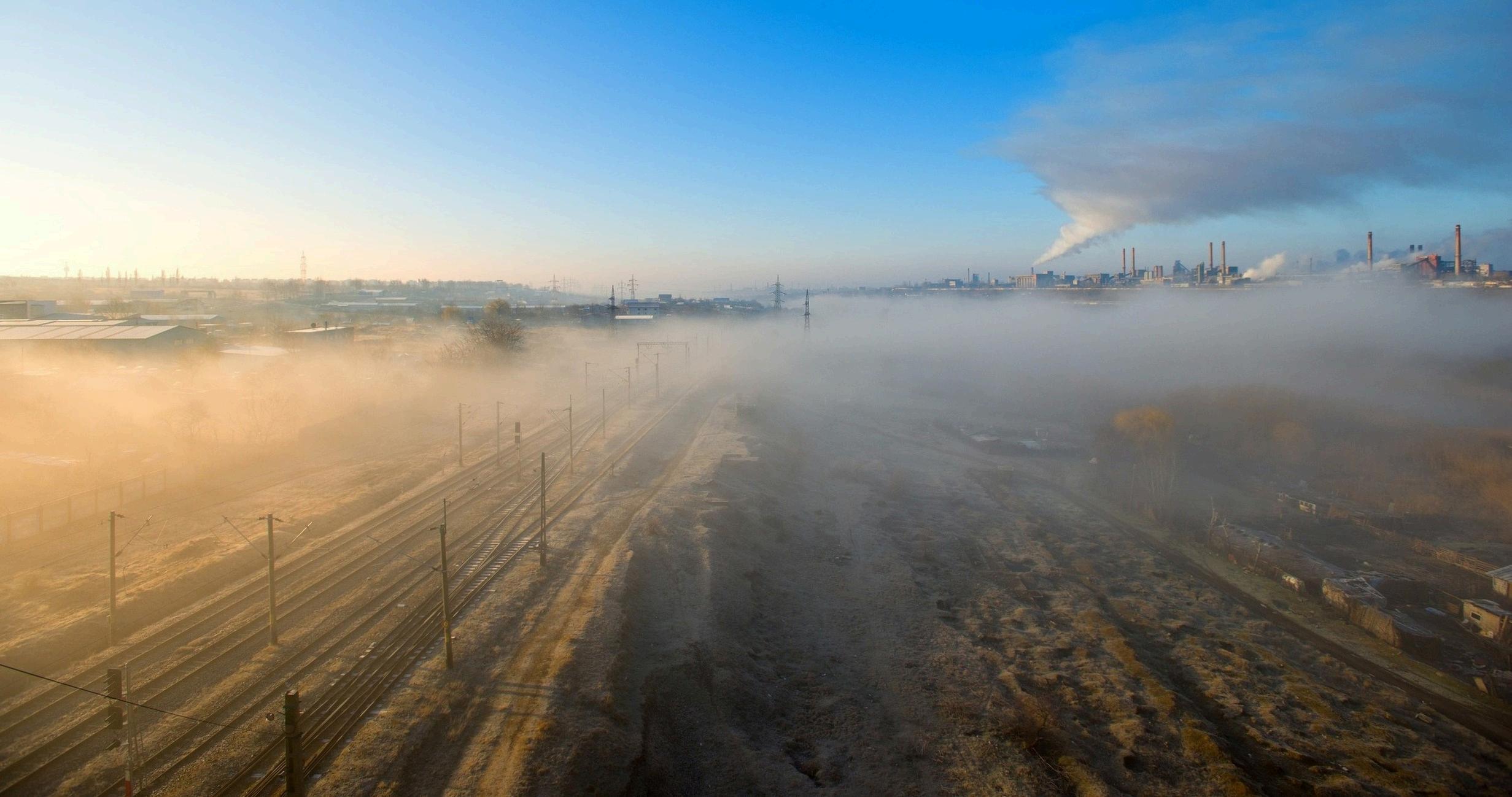

Brief Insight About Air Quality Expert Testimony


Air quality expert testimony plays an important role in legal proceedings involving environmental guidelines, health impacts, and monitoring compliance. AirqualityexperttestimonyNewYork can influence the outcomes of causes related to air pollution, governing enforcement, and public health. Here’s an in-depth look at how air quality expert testimony functions and its implication.
Understanding the Role of Air Quality Experts
Air quality experts are consultants with a certain degree of specialization in the field of atmospheric chemistry, the science of the environment, and health. These professionals are frequently involved in offering their opinions in a legal proceeding to elucidate issues concerning air quality, analyze data as well as give an impression of air quality. The key roles include:
DataAnalysis: Experts analyze air quality data to legalize the levels and types of pollutants present.
ImpactAssessment: They measure how air pollution impacts human health, ecosystems, and the environment.
RegulatoryCompliance: They understand guidelines and standards to control if there has been a breach.
Preparing for Testimony
Before testifying, air quality experts undertake several preparatory steps:

ReviewofCaseMaterials: Experts review all relevant documents, including case files, scientific studies, and environmental reports.
DataCollectionandAnalysis: They collect and analyze air quality data specific to the case, using methodologies such as sampling, modeling, and statistical analysis.
ExpertReportPreparation: An expert report is drafted, outlining findings, methodologies, and opinions. This report is a key component of the testimony.
The Testimony Process
A. Pre-Trial Procedures
Depositions:Experts may be deposed, where they provide sworn statements about their findings and methodologies. This helps both parties understand the expert's opinions and prepare for trial.
Discovery: During the discovery phase, experts might need to disclose their methods, data, and any potential biases.
B. In-Court Testimony
DirectExamination: During direct examination, the expert explains their findings and methodologies to the court. They present evidence, describe air quality issues, and interpret data in a way that is understandable to a lay audience.
Cross-Examination: Opposing counsel will cross-examine the expert to challenge their credibility, methodologies, and conclusions. The expert must defend their work under scrutiny, clarifying any weaknesses or potential biases.

RebuttalTestimony:In some cases, experts may provide rebuttal testimony to counter arguments made by opposing experts.
Key Components of Effective Expert Testimony
A. Clear Communication
Effective expert testimony requires the ability to communicate complex scientific concepts in a clear and understandable manner. Experts use visual aids, such as charts and graphs, to help illustrate their points and make the information accessible to the judge and jury.
B. Credibility and Qualifications
Experts must establish their credibility through their qualifications, experience, and expertise. They should demonstrate that they are well-versed in air quality science and have relevant experience in the field.
C. Objectivity
An effective air quality expert remains objective and impartial. They present their findings based on evidence and established scientific principles, avoiding any appearance of bias or advocacy for one side.

AirqualityexperttestimonyHouston should have a comprehensive understanding of air quality standards, regulations, and the specific issues related to the case. This includes knowledge of pollutants, their sources, and their effects on health and the environment.
D. Comprehensive Knowledge Challenges and Considerations
A. Complexity of Data
Air quality data can be complex and voluminous. Experts must be able to distill this information into key points relevant to the case without oversimplifying or misrepresenting the data.
B. Evolving Science
The field of air quality science is constantly evolving. Experts need to stay updated with the latest research and technological advancements to provide current and accurate testimony.

C. Legal Constraints
Experts must work within the legal constraints of the case, which may include limitations on what can be presented or how testimony is delivered.
Case Examples and Impact
Air quality expert testimony has been pivotal in various legal cases:

Regulatory Compliance: Experts have testified in cases involving compliance with air quality standards, such as the Clean Air Act in the U.S., providing evidence of whether entities meet regulatory requirements.
Health Impacts: In cases involving public health, experts have linked air pollution levels to specific health outcomes, such as respiratory illnesses or cardiovascular conditions.
Environmental Damage: Experts have provided testimony in cases involving environmental damage caused by air pollution, assessing the extent of harm to ecosystems and recommending remediation measures.



